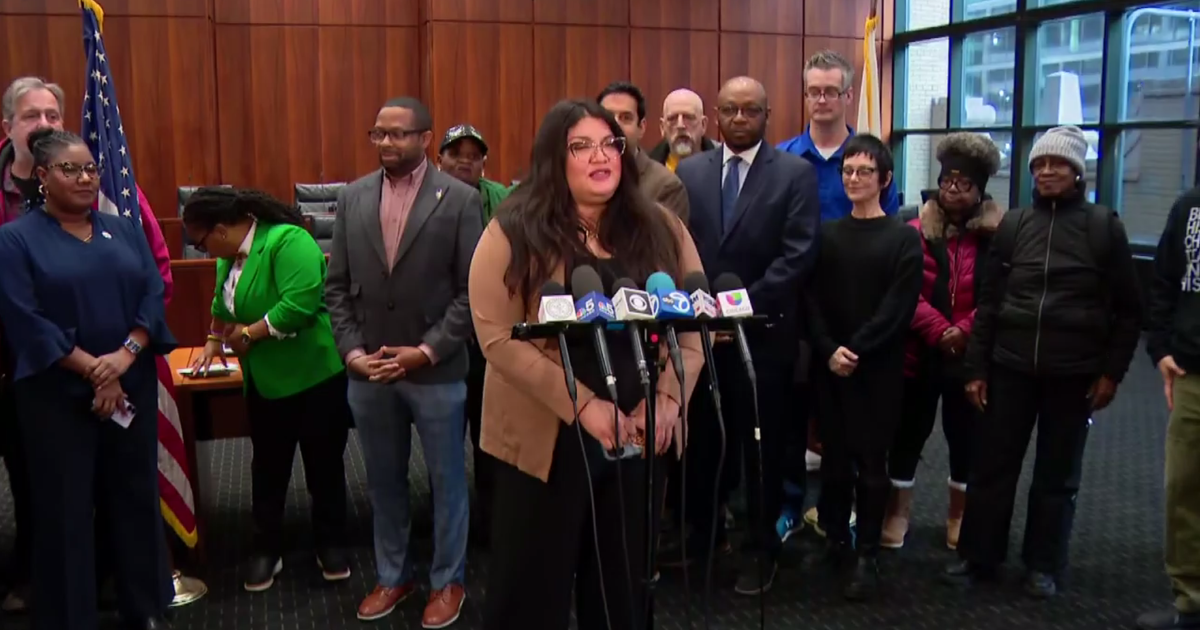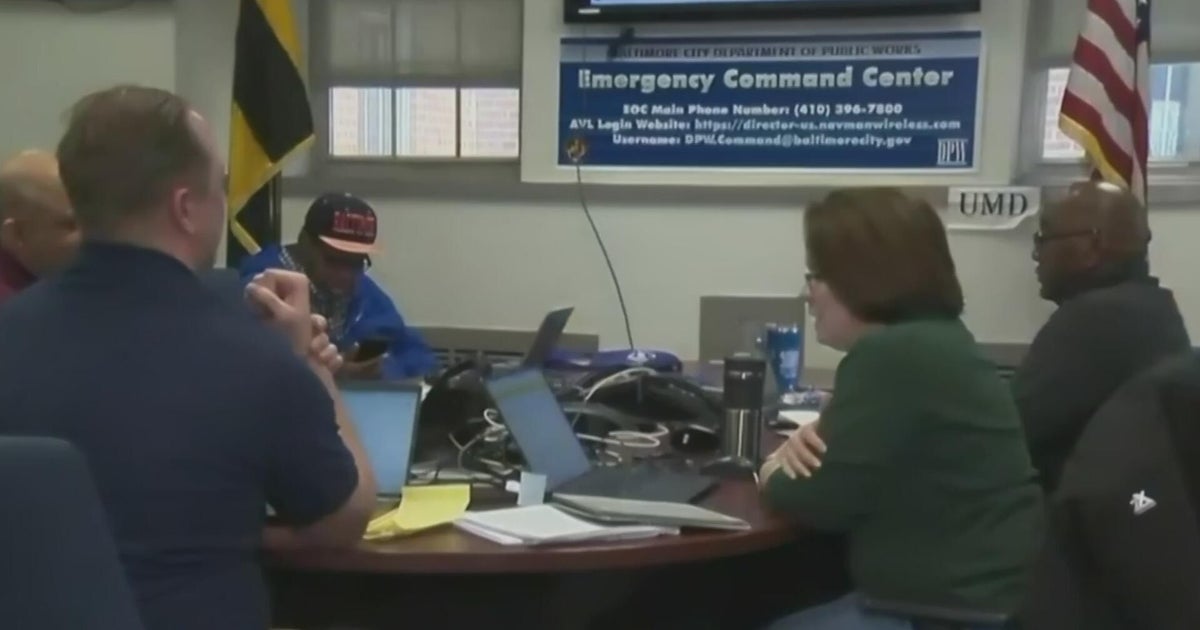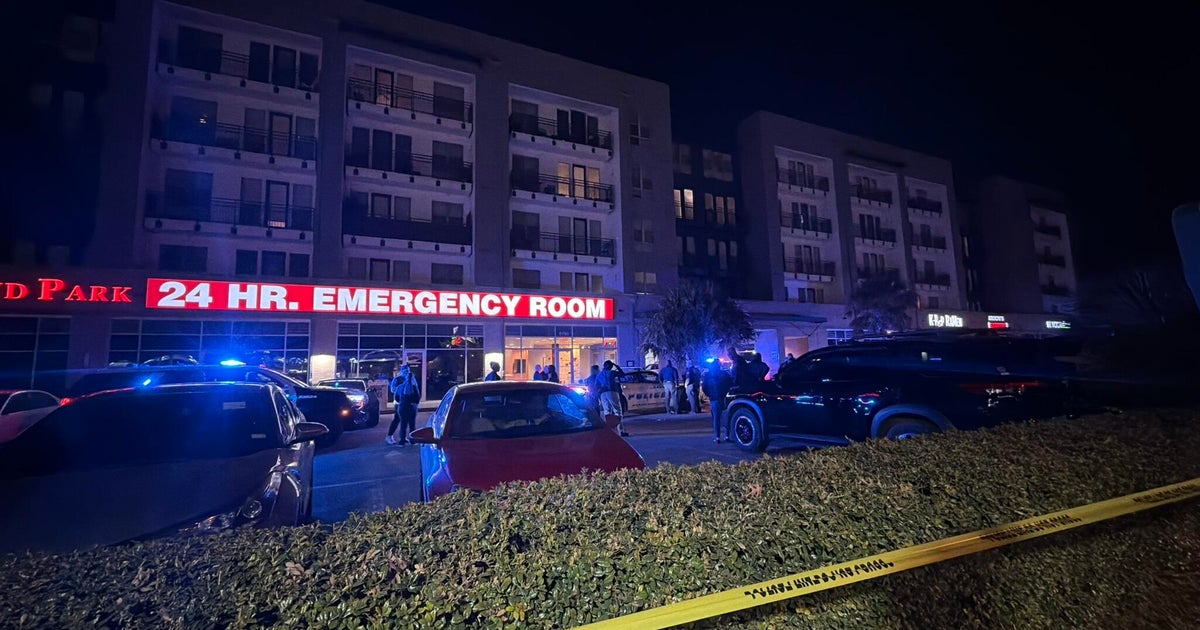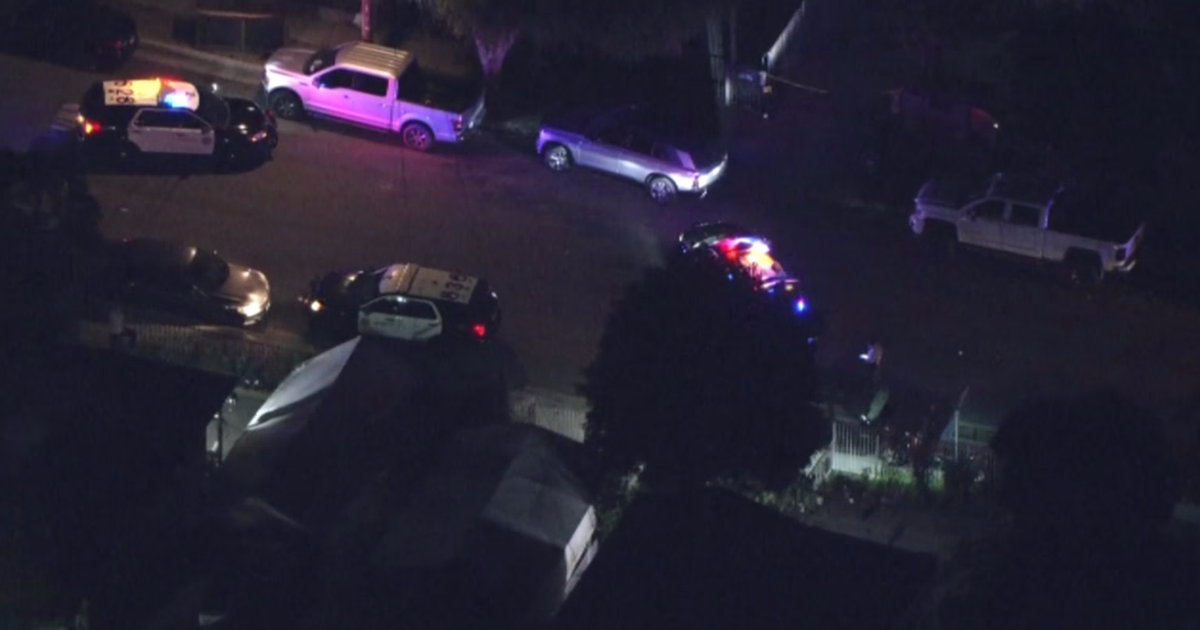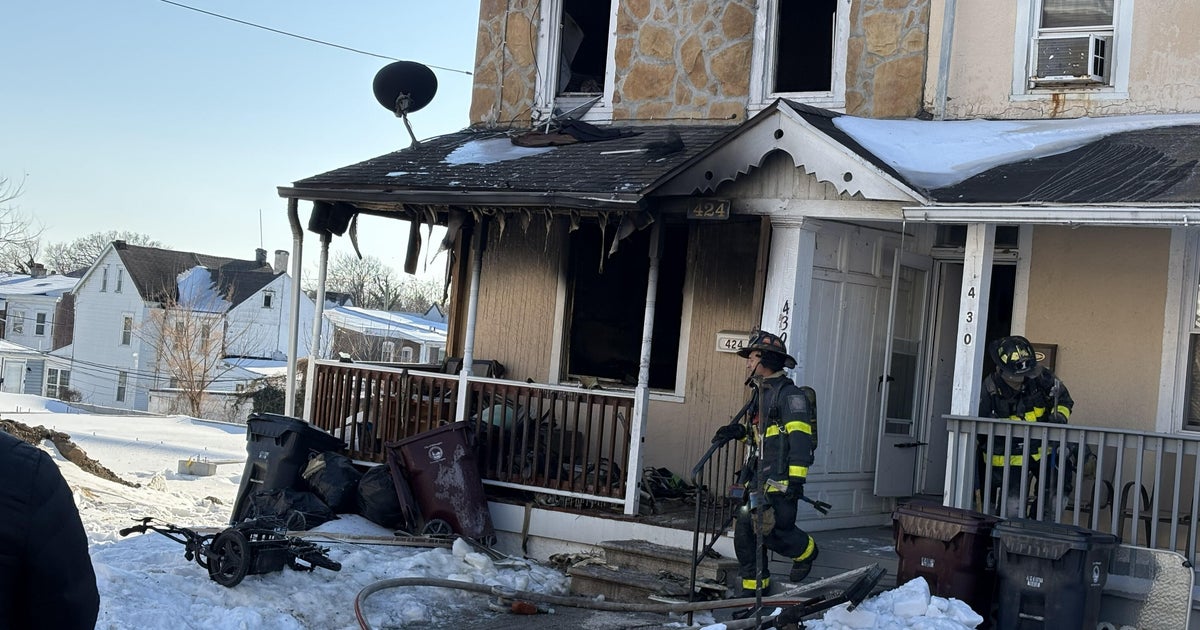V.A. Working To Speed Up Claims Processing For Vets
CHICAGO (CBS) -- Many veterans have complained that the U.S. Department of Veterans Affairs keeps them waiting months for benefits and, in some cases, medical care; but the V.A. says it's working to speed up its process.
CBS 2's Bill Kurtis has more on the V.A.'s efforts to cut through the red tape when getting veterans the medical and psychological treatment they need.
"The Army has a saying: 'Hurry up and wait,'" said veteran Steven Thomas. "That's what the V.A. does."
"I've called for appointments for optometry as early as last month, and my appointments aren't made until Oct. 17," he said.
Dr. Jeff Ryan, deputy chief of staff for outpatient services at Chicago's Jesse Brown V.A. hospital, said, "Overall we do a very good job on access, but we do recognize there are some areas where we do struggle."
Jesse Brown alone takes 500,000 outpatient appointments a year.
Ryan said the V.A. cares about providing veterans the care they need, and is taking action by hiring more employees and improving communication.
What does he say to frustrated veterans?
"We want to hear from you," he said.
To make that easier, the V.A. runs a call center where vets can report concerns and complaints, and the agency is hiring more advocates to serve patients.
The V.A. knows it has problems, and is trying to surge ahead, in what they describe as going from a steam engine to a jet engine.
Another problem is the long waits veterans face in getting disability benefits. Nationally, it takes an average of 250 days to complete a claim. In busy Chicago, it takes an average of 350 days.
"That's too long," said Beth McCoy, a regional V.A. director. "Our goal is that no claim will be pending more than 125 days."
Another way of getting that jet engine going is implementation of an online program to give veterans self-service access to their benefits claims and appeals, 24/7.
"You can go onto e-benefits and check the status of your claim, or your appeal. You can download forms that may be helpful to you," McCoy said.
Also on the site are new medical questionnaires for vets to take to doctors, in or out of the V.A. system.
Details left out on claim forms can delay processing benefits. The forms are so specific, they have all the information the V.A. needs, but perhaps the largest task is going paperless.
"We're going paperless. We have to go paperless," McCoy said.
It's a work in progress. When finished, records would be stored, not in stacks, but electronically.
"If you file a new claim … then we will start paperless there and scan in the whole claims folder," McCoy said.
That could have helped veteran Mickey Magnifico. She said she filed for benefits the day after she got home from Iraq, but several months later, was told the V.A. couldn't find her claim.
"I had to re-file my claim," she said.
That kind of frustration is what the V.A. wants to end.
"Our veterans deserve the best. They deserve the best quality, and the best timeliness in their decision-making that we can give them," McCoy said.
The V.A. processes more than one million claims a year.
